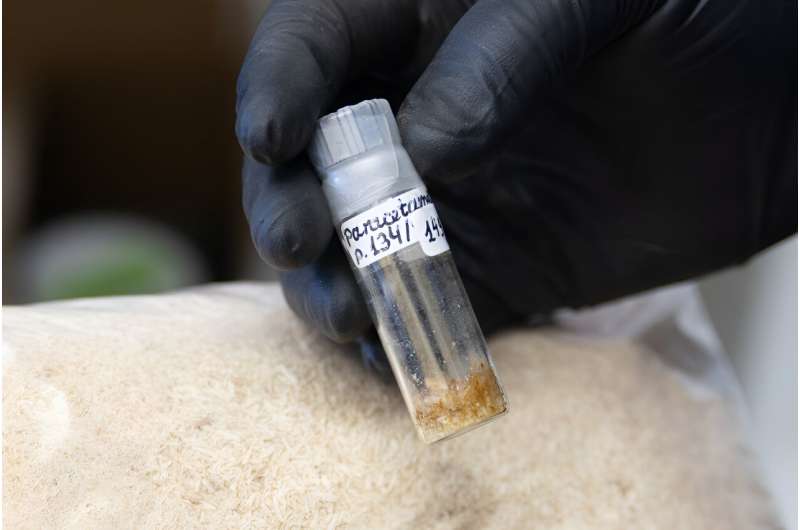Here’s a link, thanks to Forest Business Network.
Scientists at the University of Wisconsin–Madison have developed a cost-effective and environmentally sustainable way to make a popular pain reliever and other valuable products from plants instead of petroleum.
Building on a previously patented method for producing paracetamol—the active ingredient in Tylenol—the discovery promises a greener path to one of the world’s most widely used medicines and other chemicals. More importantly, it could provide new revenue streams to make cellulosic biofuels—derived from non-food plant fibers—cost competitive with fossil fuels, the primary driver of climate change.
Paracetamol, also known as acetaminophen, is one of the most widely used pharmaceuticals, with a global market value of about $130 million a year. Since it was introduced in the early 1900s, the drug has traditionally been made from derivatives of coal tar or petroleum.
In 2019, Karlen and UW–Madison biochemistry professor John Ralph showed how it could be made instead from a compound in poplar trees using a well-known chemical reaction.
Now Karlen’s team has improved the process for making paracetamol as well as other drugs, pigments, textiles, and biodegradable plastics with a cumulative market value of more than $1.5 billion, a portfolio of products that Karlen says could support dozens of small biorefineries feeding into larger hubs without saturating the market.
*************The process is available for commercial licensing through the Wisconsin Alumni Research Foundation, the nonprofit organization that commercializes university discoveries to support ongoing research.
The paracetamol molecule is made of a six-carbon benzene ring with two chemical groups attached. Poplar trees produce a similar compound called p-hydroxybenzoate (pHB) in lignin, the part of the cell wall that binds plant sugars together and provides structure.
Lignin is chock full of valuable aromatic compounds that could replace many petrochemicals and provide biorefineries with additional revenue streams to make plant-based fuels cost-competitive. The challenge is breaking down the complex and irregular chain of molecules into useful components.
